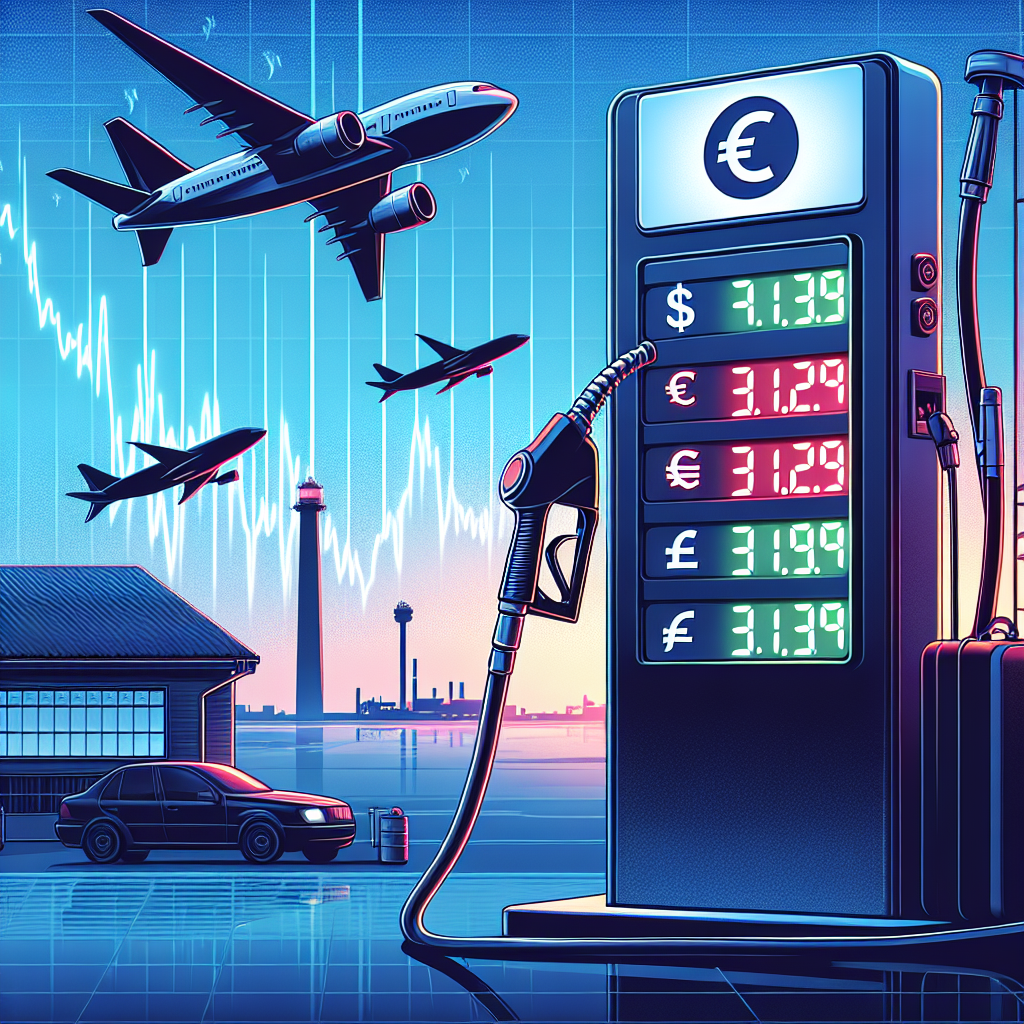Iran's Fuel Price Debate: Economy, Protests, and Presidential Election
As Iran's presidential election approaches, reformist candidate Masoud Pezeshkian's campaign hints at possible fuel price hikes. Historical price increases led to widespread protests and crackdowns. With the nation's economy heavily burdened by subsidies, the upcoming election results could significantly impact Iran's economic landscape and its citizens' daily lives.

- Country:
- United Arab Emirates
As Iran's presidential runoff election looms, Masoud Pezeshkian's campaign hints at potential rises in government-set gasoline prices—a historically contentious issue that has previously ignited nationwide protests.
Economists have long pushed for subsidy reforms as Iran allocates tens of billions annually towards this. In 2019, similar changes resulted in mass protests and intensified after the death of Mahsa Amini in 2022.
On Saturday, Ali Abdolalizadeh, Pezeshkian's campaign head, assured journalists that fuel price hikes would be managed without a stir: 'Don't worry, petrol at any price, you will see that it would be allowed with calmness and cooperation by the people.'
(This story has not been edited by Devdiscourse staff and is auto-generated from a syndicated feed.)
ALSO READ
Tamil Nadu BJP protests over Kallakurichi hooch tragedy
Israel: Thousands of people hold anti-govt protests, demand new elections and return of hostages
Kerala CM Faces Student Protests Over Plus-One Seat Shortage
Congress Protests Against NEET-UG 2024 Irregularities
NSA Invoked in Cow Meat Case, Protests Erupt in Madhya Pradesh










